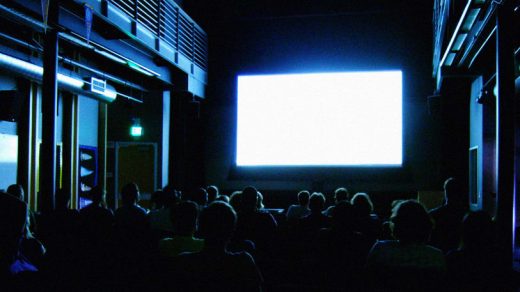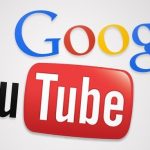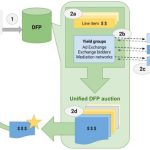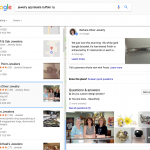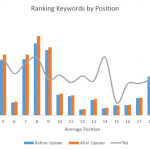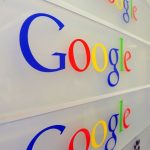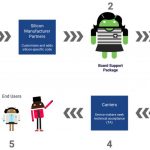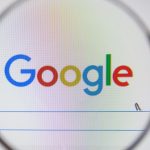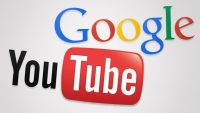Google I/O 2017: 8 Reasons To Pay Attention As Google Courts Developers
By Mark Sullivan , May 15, 2017
This Wednesday and Thursday, Google is holding its annual developer shindig, I/O. The conference will turn the Shoreline Ampitheatre near the company’s headquarters in Mountain View, Calif. into an amusement park for nerds. With any luck, CEO Sundar Pichai won’t lead off on a dark note, as Mark Zuckerberg did by acknowledging a murder shared on Facebook at Facebook F8 and Satya Nadella did by referencing the possibility of technology leading us into an Orwellian future at Microsoft’s Build.
Pichai will likely have much sunnier things to say about his company’s work in artificial intelligence and how it’s finding its way into all sorts of products. The company’s main challenge this year is maintaining the excitement it generated–in tech circles, at least–with last year’s I/O announcements. It will be a hard act to follow: At I/O 2016, Google announced the Google Assistant AI service, a new VR platform called Daydream, a smart speaker called Home, and new messaging and video-call apps known as Allo and Duo, respectively.
At this year’s I/O, Google could fill its keynote and other sessions only with news about these products and have a worthehile event. But announcing incremental improvements is never as sexy as announcing wholly new platforms. It’ll be interesting to see how the company divides the keynote time between platform updates and completely new matters. Here’s what to watch for:
Google Assistant, One Year Later
The company will almost certainly announce some new tricks for its virtual Assistant–Google’s answer to Amazon’s Alexa, Apple’s Siri, and Microsoft’s Cortana. These new capabilities will likely relate to expanded subject-area knowledge and greater sensory awareness and communicativeness. We may hear about advances in image-recognition technology, voice recognition, and comprehension. The Allo messaging app announced at last year’s I/O hasn’t exactly proved world-changing, which may be an indication that its Assistant skills need broadening.
Google will likely talk about all the places Assistant is showing up–in the home, the car, and beyond–and announce some new ones. But as Axios‘s Ina Fried points out, Google also has some work to do to make it clear to developers and the public just what Assistant is. Is it more like Siri, which is core to to iOS and provides AI and natural-language features for numerous Apple platforms? Or is it more like Amazon’s Alexa, which can power third-party devices, too?
Google Assistant For iOS
One rumor du jour (from Android Police) says that Google will be announcing a full-on Assistant app for the iPhone. Assistant already lives inside Google’s Allo iOS app, but the scuttlebutt says the new standalone app will both include a chat interface and support voice commands.
A Brainier Google Photos
Chances are very high that Google will update its Photos app, very likely with some new artificial intelligence features. Details are scarce on this one.
Virtual Reality
A session on I/O day 2 with Google’s head of VR, Clay Bavor, will feature Google’s VR initiatives, including its Daydream VR headset and platform and the YouTube VR content channel. Google might even announce new third-party Daydream headsets (or new phones that power them).
… And Augmented Reality
That day-two session will also cover Google’s Project Tango augmented-reality technology, which superimposes digital imagery onto real-world imagery as seen through the lenses and sensors of a tablet or smartphone. There’s a good chance we’ll see more Tango-enabled devices announced. (Lenovo was first out with a Tango phone last year in its Phab 2 Pro, which uses a 16-megapixel rear camera and four depth-sensing cameras to support Tango’s 3D augmented-reality experience.)
As we saw Microsoft do at last week’s Build, Google may take steps at I/O to unify its AR and VR efforts into a “mixed reality” story. The current Daydream VR headsets are a completely occluded experience (you can’t see the outside world at all), while AR experiences depend on melding digital imagery with your physical surroundings. Because some tech companies view VR as a limited opportunity, while seeing AR as potentially more popular with users, there’s a drive to combine the two technologies into a single headset and controllers. This would require a new hardware design, something there’s an outside chance we’ll see at I/O.
The Evolution Of Google Home
Another embodiment of Assistant is the Google Home smart speaker device, which Google launched at last year’s I/O as its answer to Amazon’s Echo. The company may be ready to release the follow-up with some new features. It’ll almost certainly announce more ways that third-party developers can use Home as an end point for their apps or services. At present, Amazon is the company to beat in the smart-speaker wars, and it has added new skills and integrations for the connected home at a furious pace over the past year.
The Next Version Of Android
Google has already released a preview of its next OS to developers. Expect the company to spend a good deal of keynote time detailing the upgrade’s capabilities. So far, we know that Android O adds features such as icons that move and adapt to their environment, picture-in-picture video, and form auto-fill functions.
Google In The Car
In 2014, the tech giant introduced Android Auto, a system that lets people project content from their Android smartphones to their car’s in-dashboard screen. The software now runs on 300 car models. Bloomberg‘s Mark Gurman and Mark Bergen report that Google will have some Audi Q8 and Volvo V90 SUVs at I/O to demonstrate a new Android-flavored OS built just for automobile touch-screen systems. This new OS resides in the vehicle rather than getting its smarts from an Android phone.
Last year’s conference will be a hard act to follow, but between Assistant, Daydream, Home, and other products, there’s lots of room for news and surprises.
This Wednesday and Thursday, Google is holding its annual developer shindig, I/O. The conference will turn the Shoreline Ampitheatre near the company’s headquarters in Mountain View, Calif. into an amusement park for nerds. With any luck, CEO Sundar Pichai won’t lead off on a dark note, as Mark Zuckerberg did by acknowledging a murder shared on Facebook at Facebook F8 and Satya Nadella did by referencing the possibility of technology leading us into an Orwellian future at Microsoft’s Build.
Fast Company , Read Full Story
(35)

